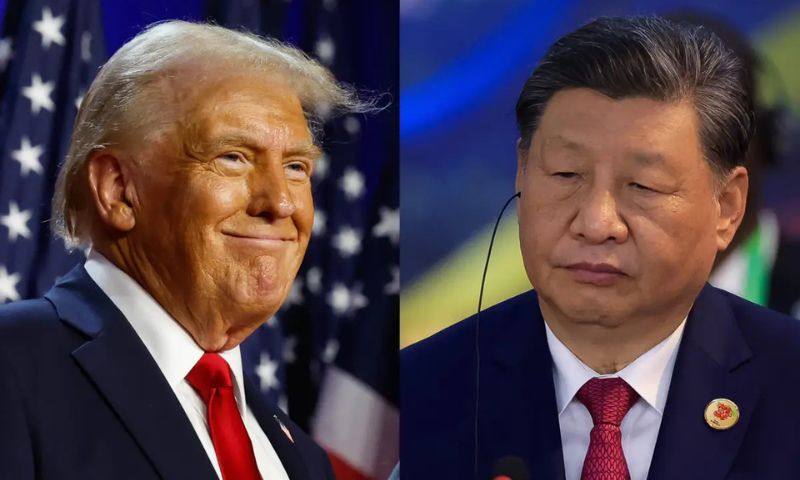
Akintunde Oyedokun
Research Analyst
Oil prices fell sharply on Thursday, with Brent down 2.21% to $68.64 and WTI down 2.65% to $66.57, as markets reacted to renewed U.S. tariff threats under Donald Trump. His proposed 50% tariff on Brazil, and additional levies on copper, semiconductors, and pharmaceuticals, raised concerns about global economic growth.
Markets remained cautious due to Trump’s unpredictable trade policies. Meanwhile, the Federal Reserve signaled reluctance to cut interest rates soon, citing inflation risks from tariffs. Higher rates could dampen oil demand. OPEC+ plans to boost output in September but may pause in October if demand plateaus.
Japan’s Wholesale Inflation Cools In June As U.S. Tariff Risks Loom
Japan’s annual wholesale inflation slowed to 2.9% in June, marking the third consecutive monthly decline, Bank of Japan data showed. The drop, driven by lower fuel and metal prices, aligns with the BOJ’s expectation that cost-driven inflation will ease gradually.
While food prices remained high, rising 4.5%, analysts warned that ongoing U.S.-Japan trade tensions and possible tariff hikes could weigh on the economy and delay further rate increases. The BOJ raised its key interest rate to 0.5% earlier this year but may hold off on further tightening as inflation momentum softens and trade uncertainty persists.
Bank of Korea Holds Rates, Signals Possible Cut Amid Tariff Uncertainty
South Korea’s central bank kept its benchmark interest rate at 2.50% but signaled a likely rate cut within three months due to mounting economic uncertainty from U.S. tariffs and weak domestic demand. Four of the seven board members supported easing, with Governor Rhee noting the need to balance growth risks and financial stability. The economy unexpectedly contracted in Q1, and analysts now expect at least one more 25 basis point cut this year.
South Africa’s Manufacturing Sector Begins Modest Recovery
South Africa’s manufacturing sector showed signs of improvement in May, with output rising 0.5% year-on-year after a steep 6.4% decline in April, according to data from the national statistics agency. The slight uptick points to a potential stabilization in the country’s industrial performance.
On a monthly basis, factory production grew by 2.0% in May, following a revised 1.7% increase in April. This back-to-back growth suggests a gradual recovery in manufacturing momentum, offering cautious optimism for the broader economy.
Nigeria Secures $747m Deutsche Bank-Led Loan For Coastal Highway
Nigeria has obtained a $747 million syndicated loan, led by Deutsche Bank, to fund the first phase of its ambitious 700-km coastal highway project. According to the finance ministry, this marks the largest road infrastructure loan in the country’s history.
The financing will cover an initial 47.47-km stretch of the highway, which will ultimately connect Lagos to Calabar. The full project, expected to cost $11 billion, will span eight years and includes contributions from First Abu Dhabi Bank, Afreximbank, Abu Dhabi Exports Office, ECOWAS Bank, and Zenith Bank.










